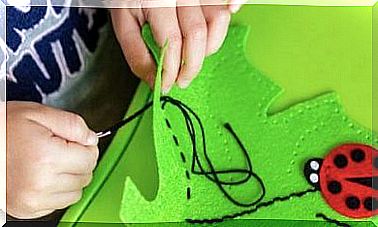Motivate Children To Read: 5 Tips

Encouraging children to read as early as possible is fundamental to developing their academic performance and communication skills. Of course, reading has numerous other advantages.
You should therefore try to make your children a habit of reading from an early age and be a good role model yourself.
Reading is a wonderful exercise for better concentration. It also promotes cognitive skills, expands vocabulary, and improves oral and written expression. Reading also has a variety of other personal and academic development benefits.
We share the opinion of the experts at Oxford Learning: It should be enjoyable to read, not a frustrating experience.
So that children can develop this perception, it is important to introduce them to the written language before they can read. It must also be taken into account that every child processes information differently and has different learning processes and speeds.
Why are some children not motivated to read?
- They see this activity as a duty, not a pleasure.
- You have difficulty understanding what you read.
- Some children also believe that it is a boring occupation.
- Others may not have found a book to pique their interest.
Motivating children to read: what can be done?
Try these tips to motivate your child to read and make it a nice habit. Your child will improve in a wide variety of other skills as a result.

1. Family reading
It doesn’t matter whether it’s a recipe book, a children’s story, the shopping list, a traffic sign or a map: Use every opportunity to encourage your child to read.
It is important that they gain interest in reading and see how useful reading is in everyday life. Be a good role model, as children of reading parents are more likely to imitate this behavior.
Take the time to look at and read books with your child. It should be entertaining, funny and enjoyable moments that you spend together.
2. Interesting books encourage reading
If your child has different books to choose from, or even gets to choose a book in a shop, they will be curious about the adventure that awaits them. Choose books with interesting colors and illustrations that will grab your child’s interest at first sight.
Buy books for your child on topics they enjoy and adapt to their personality and age.
3. Use new reading technologies to keep your child interested
While we know that digital devices have various harmful effects on children, they can also be used intelligently to obtain various benefits.
Interactive stories on a tablet or e-reader can stimulate your child’s interest in reading. It is best to accompany your child in the process.
Digital devices can be adapted to the special needs and preferences of each child. You can choose the number of lines and the letter size, which is particularly beneficial for children who have reading difficulties.

4. Show interest in your child’s reading
The answers you give your child while reading will have a huge impact on their perception of things and their personal development.
Encourage your little one to read, ask him questions to check whether he has understood the content and have fun doing this activity together.
Let your child choose the book themselves, because it should be recreational entertainment and not compulsory reading!
Another creative way to encourage your child to read …
5. Plays can motivate your child to read
If you go to the theater with your little one, you can enjoy the right book together after (or before). Your child will see that the stories told in books have a life of their own.
You can also make a suitable costume with your child so that they can dress up as the main actor. So you can re-enact the dialogues of the play yourself, which is sure to be great fun for everyone.
Brings songs, poems and stories to life at home. You will remember those funny moments for a long time.
If you want to promote the cognitive, social and communicative development of your child, you should reserve time every day for interesting reading. You will see that your child will become better and more disciplined in school as a result. Namely, it can thereby acquire excellent verbal and writing skills.









